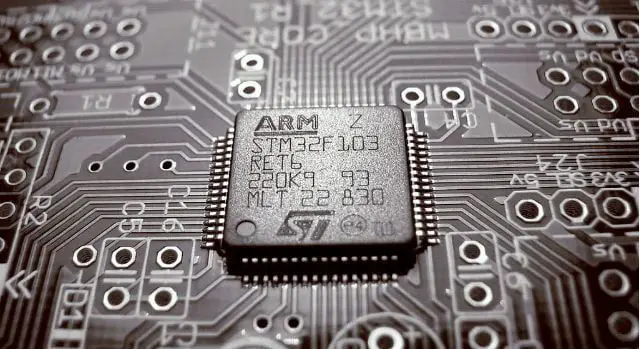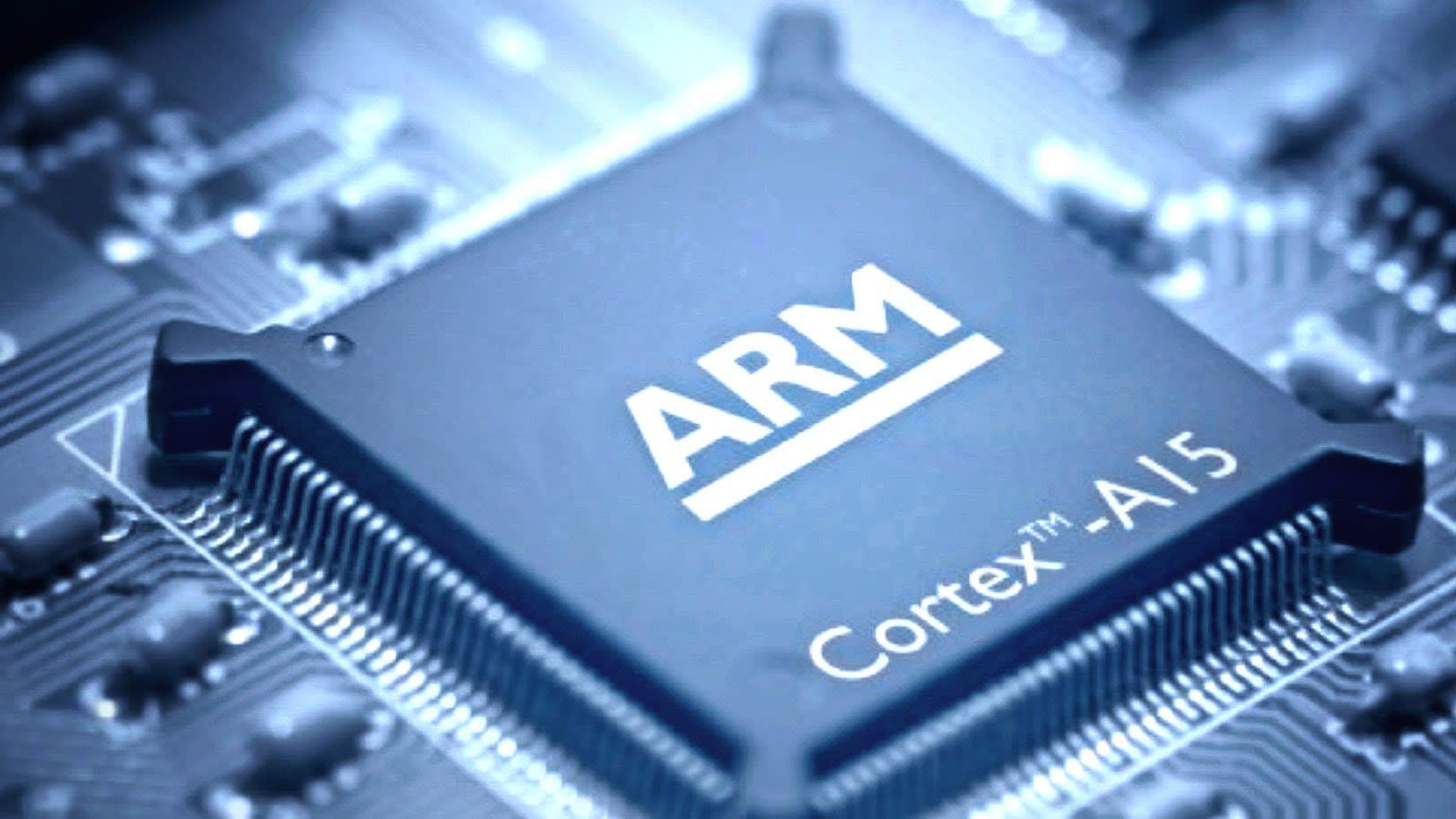ARM will no longer support 32-bit software. 32-bit platforms have an expiration date. They are outdated and require an investment in maintenance and support. Many software and hardware suppliers have already canceled (or are on the way to do so) their support and now another big semiconductor supplier is announced that they will no longer support 32-bit software.
ARM will eliminate support for 32-bit software in 2022, according to the official announcement made at the DevSummit event being held this week with a strong focus on developers. And we know that ARM is acquired by NVIDIA lately.
- RTX A6000 & RTX A40 are NVIDIA’s new professional graphic cards
- NVIDIA GeForce RTX 3060 Ti release date and specs leaked
- Intel launched 500 series chipsets for Rocket Lake-S processors
ARM will go through phases like most vendors and eliminate support for 32-bit applications in its new high-performance chips, such as Cortex-A and the new generations, codenamed “Matterhorn” and “Makalu”, which will only support 64-bit. Developments for the low-ends will continue to be supported until an undetermined date.
The motivation for switching to 64-bit is performance and efficiency. 64-bit systems have performance advantages over 32-bit architecture. It can access a greater amount of memory and enable faster system performance. Continuing to work with both only increases the maintenance work required and clogs up the hardware unnecessarily.
ARM’s 32-bit software support era is over
Apple already announced in 2018 that the High Sierra macOS would be the last system to support these applications on macOS. Canonical was another one that long ago (in 2017) announced the end of 32-bit versions for Ubuntu and only published in 64-bit versions under the same argument: the massive presence of 64-bit processors and machines with the minority use of 32-bit architectures.

More recently, Microsoft’s announcement came. All new computers coming to market with Windows 10 from Windows 10 2004 onwards require 64-bit versions, and in fact, Microsoft no longer delivers 32-bit compilations to OEMs. Microsoft considers 32-bit machines to be a legacy platform, although it remains committed to providing features and security updates on these devices outside of the named OEM channel.
The removal of 32-bit support also affects software in general. Browsers such as Chrome and Firefox have been implementing 64-bit by default in their main distribution for years. Google announced the roadmap for the transition to 64-bit apps and the definitive end for 32-bit apps supported in its official Google Play store.
Apple itself has abandoned 32-bit apps since iOS 11 and there are many more cases. NVIDIA abandoned support for 32-bit operating systems in its drivers for graphics cards in December 2017 and AMD did so a year later, and the Radeon Software Adrenalin 18.9.3 WHQL were the last drivers the company released for 32-bit operating systems. So even it was obvious, we learned that ARM will no longer support 32-bit software.





